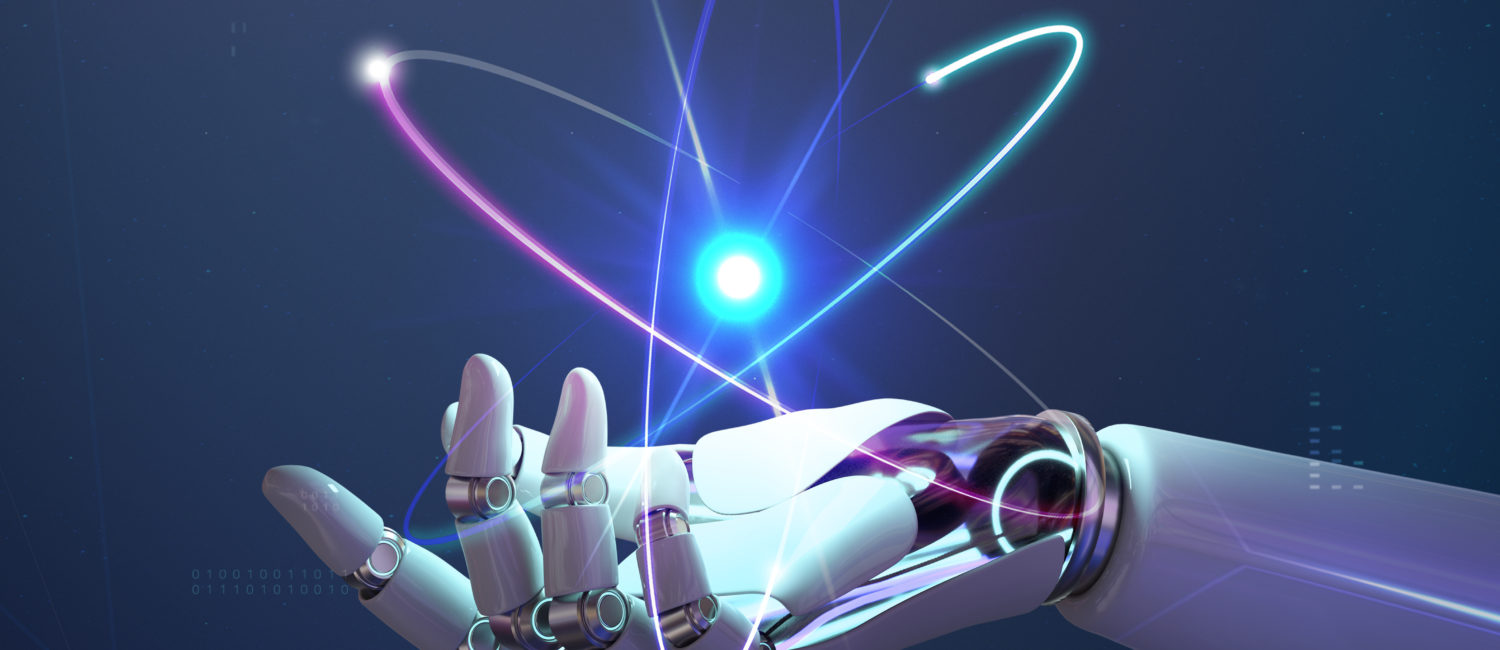Artificial Intelligence (AI) is a rapidly growing field that is transforming the way we live, work, and interact. With the ability to automate tasks, provide insights, and enhance experiences, AI is poised to have a profound impact on society and the economy.
In this article, we will explore what AI is, its impact on business, the benefits it offers, and its consequences for the current and future workforce, and draw some conclusions.
Table of Contents
ToggleUnderstanding How Artificial Intelligence Works and 4 Impacts on Business
What is Artificial Intelligence (AI)?
AI refers to the simulation of human intelligence in machines that are designed to think and act like humans. It involves the creation of algorithms and computer programs that can perform tasks that typically require human intelligence, such as recognizing speech, making decisions, and solving problems. AI technologies include machine learning, deep learning, computer vision, and natural language processing, among others.
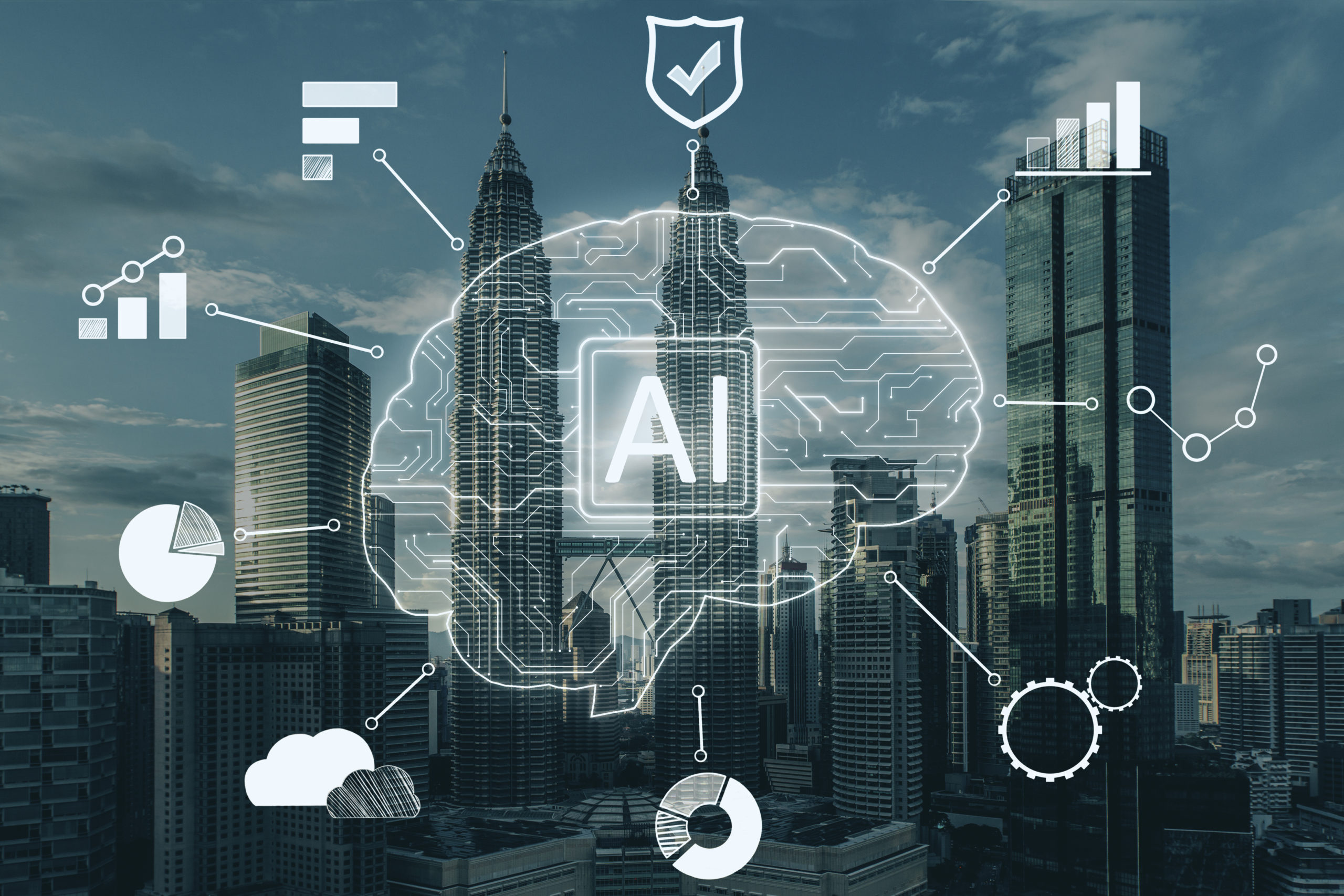
Artificial intelligence has been implemented in a variety of industries nowadays.
An example of AI is the use of chatbots and virtual assistants in customer service. Companies are using AI-powered chatbots to handle simple customer inquiries, freeing up human agents to handle more complex issues. These AI systems can understand natural language, provide quick and accurate responses, and improve the overall customer experience.
These are many more examples in which AI is being used to transform industries and improve our lives. The potential of AI is vast, and its impact on society and the economy is poised to be significant.
How does AI impact the business?
The impact of AI on business is far-reaching and profound. AI algorithms can automate repetitive tasks, freeing up employees to focus on higher-level tasks and provide companies with valuable insights and predictions based on data analysis. In addition, AI is transforming the customer experience, providing personalized and efficient customer assistance and better experiences.
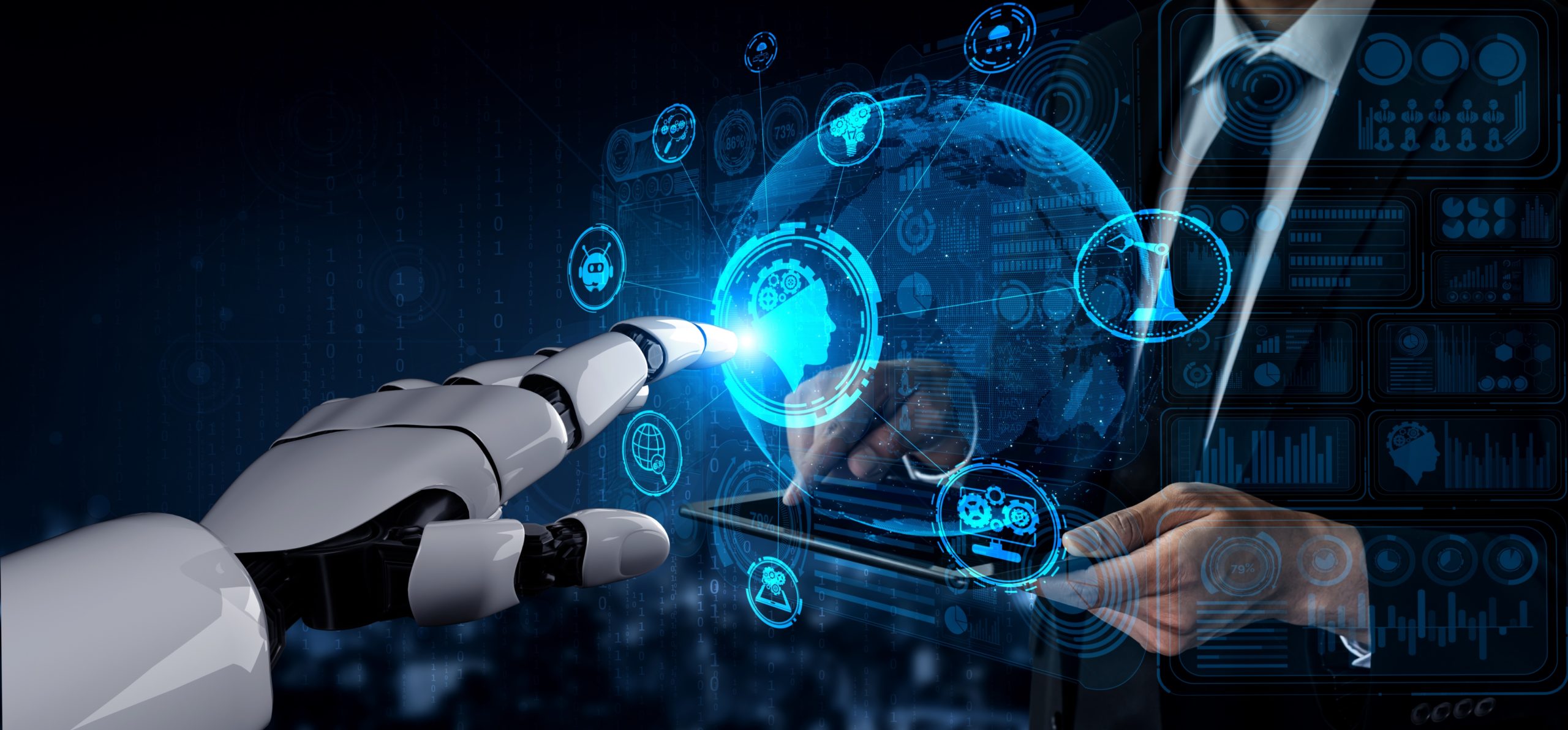
AI is transforming many fields of business.
Artificial Intelligence (AI) has the potential to bring about a wide range of positive impacts on businesses. Here are some ways AI is having a positive impact on businesses:
- Increased Efficiency: AI algorithms can automate repetitive and mundane tasks, freeing up employees to focus on higher-value work and improving overall efficiency. This can lead to significant time and cost savings for businesses.
- Better Customer Experiences: AI-powered chatbots and virtual assistants are being used to enhance customer service by providing 24/7 support, predicting customer needs, and personalizing the customer experience. This can lead to increased customer satisfaction and loyalty.

AI has brought a wide range of positive impacts on businesses.
- Improved Decision Making: AI algorithms can analyze large amounts of data and provide insights to inform business decisions. This can lead to better decision-making, increased efficiency, and improved outcomes.
- Personalized Marketing: AI algorithms can be used to personalize products and services to individual customers, leading to improved customer engagement and increased sales.
In brief, AI is helping businesses to stay ahead of the competition and remain relevant in today’s rapidly changing business landscape. Many companies are applying AI for better performance and business management.
What benefits does AI imply to business?
From automation and improved customer service to data-driven insights and predictive maintenance, AI is helping businesses to operate more efficiently, which will gain a competitive advantage and stay ahead of the curve in terms of innovation.
In further circumstances, these are some of the key benefits of AI and examples of how they are being applied in the business world:
Customer Service
AI-powered chatbots and virtual assistants can provide 24/7 customer support, improving the customer experience by quickly resolving issues and answering questions.
For example, Hilton Hotels uses an AI-powered virtual concierge named Connie to help guests with their needs, from booking rooms to providing recommendations for local restaurants and attractions.
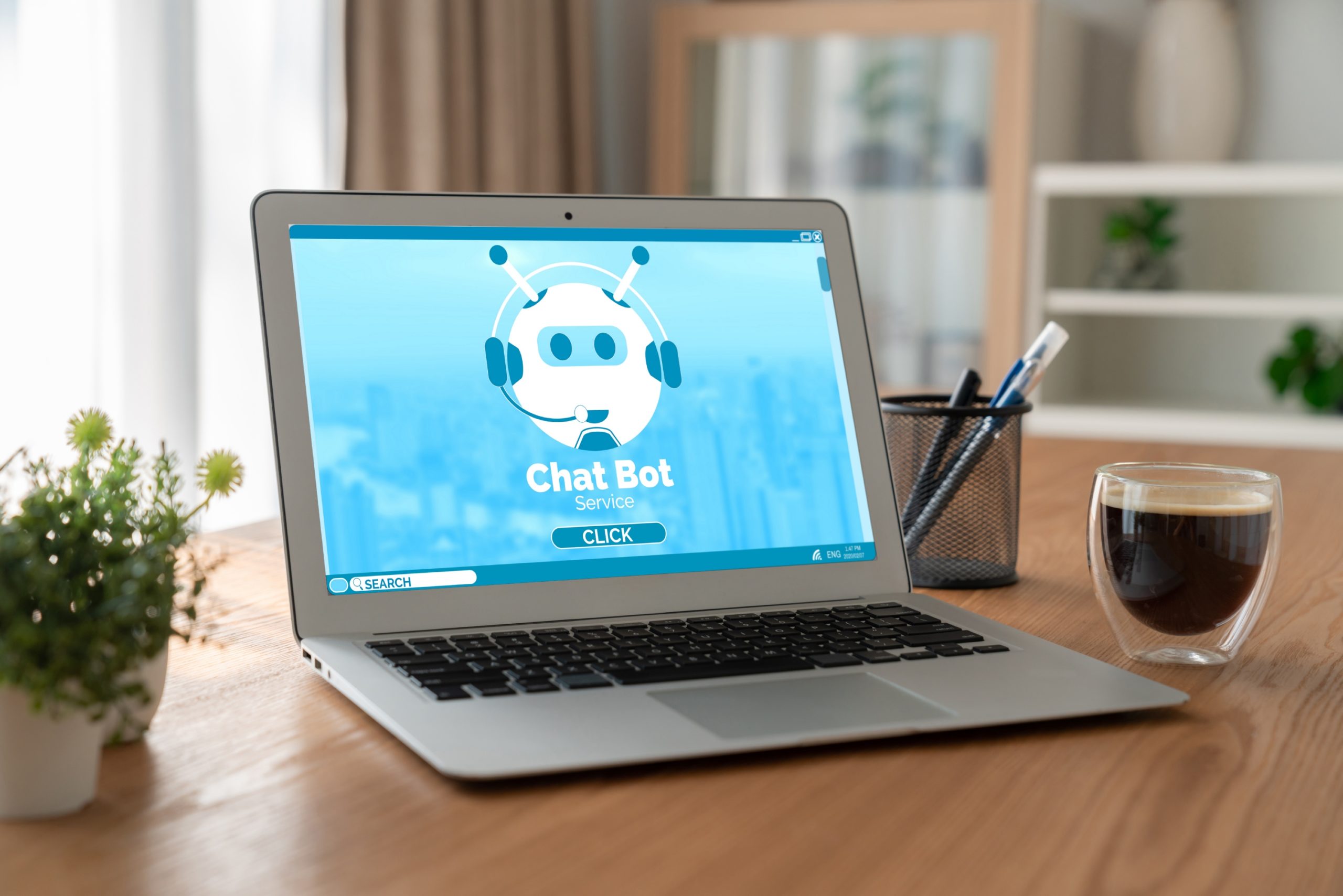
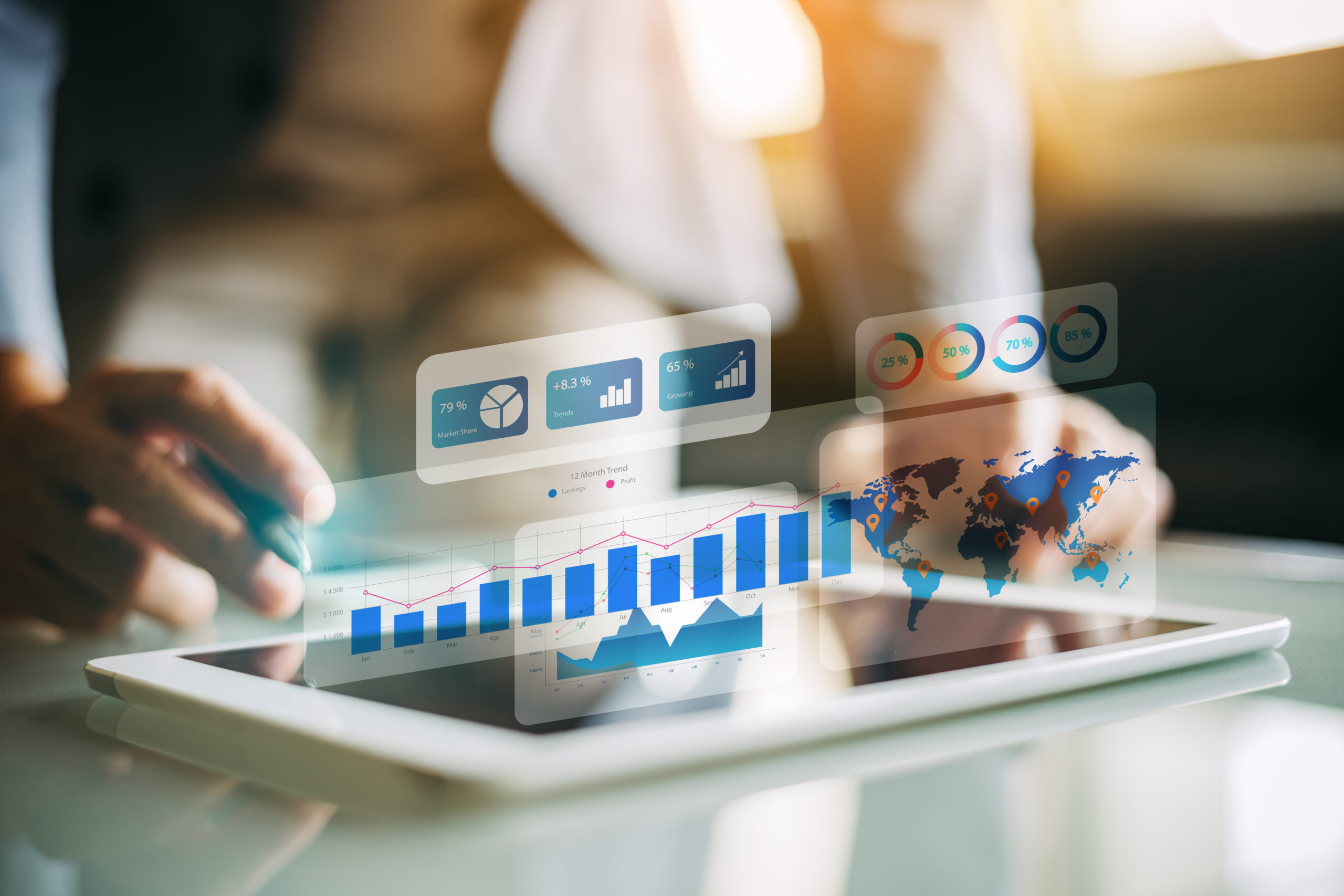
Data Analysis
AI algorithms can analyze vast amounts of data, extracting insights that can inform decision-making.
For example, Walmart is using AI algorithms to analyze customer data, such as purchasing patterns and product reviews, to identify trends and make predictions about future sales.
Predictive Analytics
AI algorithms can make predictions about future events or trends, helping companies make proactive decisions based on data-driven insights.
For example, UPS is using AI algorithms to predict delivery times, allowing them to optimize routes, reduce delivery times, and improve customer satisfaction.


Personalized Marketing
AI algorithms can personalize products and services to individual customers, leading to improved customer engagement and increased sales.
For example, Amazon is using AI algorithms to personalize product recommendations for customers, resulting in increased sales and improved customer satisfaction.
Supply Chain Optimization
AI algorithms can optimize the supply chain, from production to delivery, resulting in improved efficiency and cost savings.
For example, DHL is using AI algorithms to optimize delivery routes, reducing delivery times and fuel consumption, and improving overall efficiency.
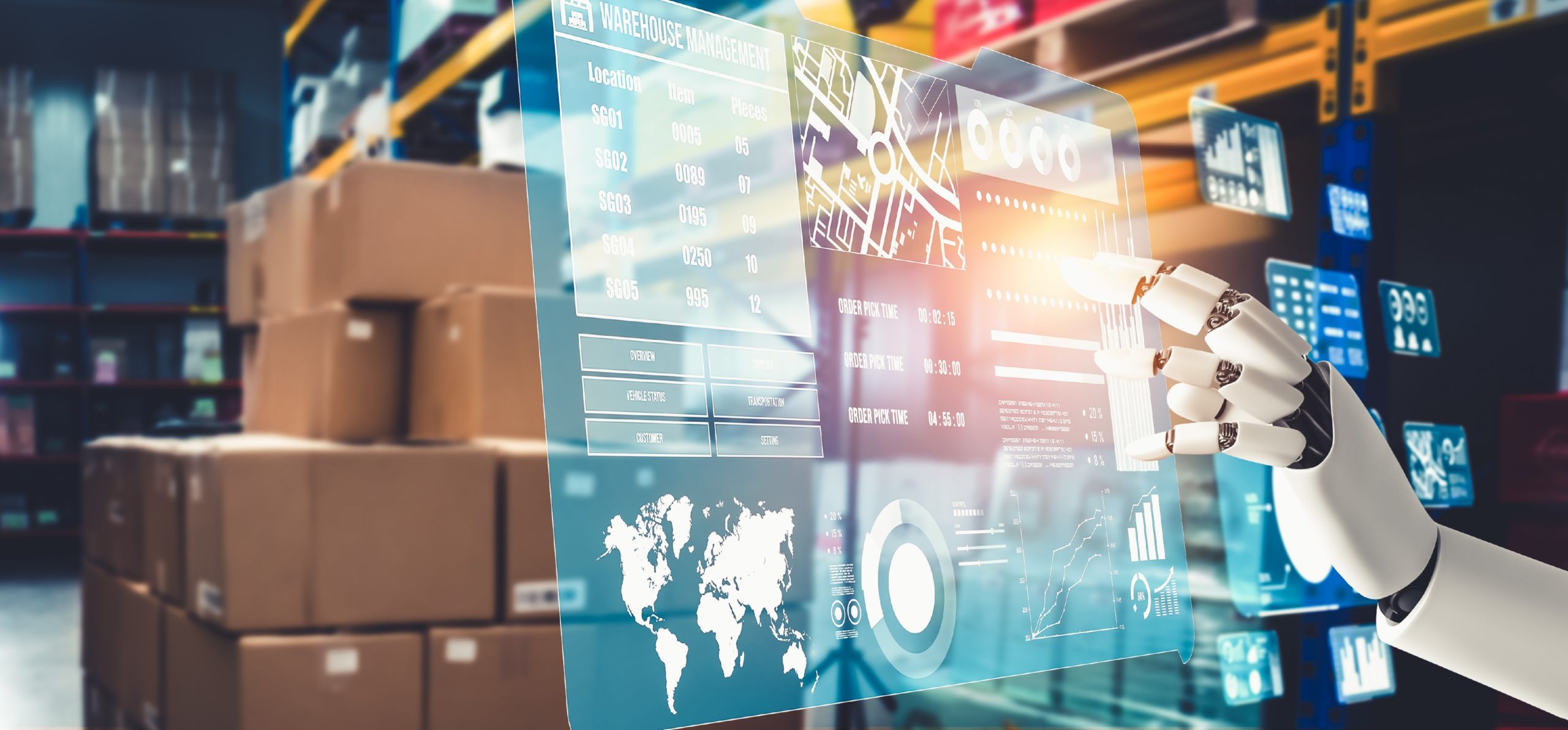
Companies that are successfully leveraging AI are seeing significant improvements in their operations and are staying ahead of the competition in the rapidly changing business landscape.
The AI consequences to the current and future workforce.
While AI offers many benefits to businesses, it also has positive or negative consequences for the current and future workforce. For running and maintaining the company, the automation of repetitive tasks can lead to job displacement, as some positions become redundant.
The recent changes in working resources have negatively impacted the future workforce as they are required more skills and competencies and compete in the world of technology.

The cutting out of the workforce is one of the AI consequences that happened.
Therefore, it is important for businesses and governments to work together to ensure that workers are trained for the jobs of the future and that the benefits of AI are shared widely. As the rapidly changing human resources structure, more and more students need to adapt to the changes and proven their ability to fulfil the vacancies requirements.
Conclusion
In conclusion, AI is a rapidly growing field that has the power to transform the way we live, work, and interact. Its impact on business is far-reaching and profound, offering numerous benefits, including increased efficiency, improved decision-making, enhanced customer experiences, and cost savings.
However, AI also has consequences for the current and future workforce, and it is important for businesses and governments to note down. Individuals and organizations are encouraged to understand the technology and its impact so that they can capitalize on the opportunities that it presents.
Paris-U is proud to be the first liberal arts university for post-graduate learners through the A.C.T principle. Students can easily convert the accreditation to another degree within 6 months.
For a free consultation, you can reach us by social media or fill out the form here.

